Engineering Physics
Questions about application, admission, and studies
Martin Reck
Engineering Physics student support
Carl von Ossietzky University Oldenburg
Ammerländer Heerstraße 114-118 26129 Oldenburg mailto: engineering.physics@uni-oldenburg.de
Welcome to Engineering Physics
Tel.: 0049-(0)441-798 3560
room: W2 0-069 Office Hours : Tue 10:00 - 12:00 Wed 12:00 - 14:00
Dr. Sandra Koch
Hochschule Emden/Leer
Raum T219
Constantiaplatz 4
26723 Emden
Tel.: +49 4921 807-1489/-1467
Fax: +49 4921 807-1593
E-Mail: engineering.physics@hs-emden-leer.de
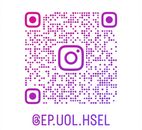
Engineering Physics
Welcome to the website of the Engineering Physics programme
Here you will find all important information about application, admission, as well as useful information for your studies.
The Carl von Ossietzky University Oldenburg and the Emden/Leer University of Applied Sciences offer the international bachelor's degree programme Engineering Physics to close the gap between traditional physics and engineering education.The internationally oriented degree programme " Engineering Physics" gives students insights into current research fields and new developments in modern applied physics.
Profile
Degree | Bachelor of Engineering | Master of Science | |||
Standard period of study | 6 semesters | 4 semesters | |||
Credit points | 180 ECTS | 120 ECTS | |||
Language of instruction | English | English | |||
Form of study | Full-time / Part-time | Full-time / Part-time | |||
Start of study | Winter semester | Winter and summer semester | |||
Application period | German | 15.07.-15.10. | 01.06.-15.07. | Winter | |
| 15.12.-15.01. | Summer | ||||
| International (Uni-Assist) | 15.01.-15.10. | February-15.06. | Winter | ||
| November-15.01. | Summer | ||||
Admission requirements | English language certificate | Level B2 | English language certificate | Level B2 | |
| Language certificate German | Level A2 A1 for application The Goethe-Institut offers ONLINE courses and exams starting at level A1. e.g. https://www.goethe.de/ins/in/en/sta/che/prf/gzsd1/odp.cfm | ||||
Limited admission | No | Yes | |||
Semester contribution | 386,00 € (no tuition fees. The study courses are subsidized by the German government) | ||||
Scholarships | |||||

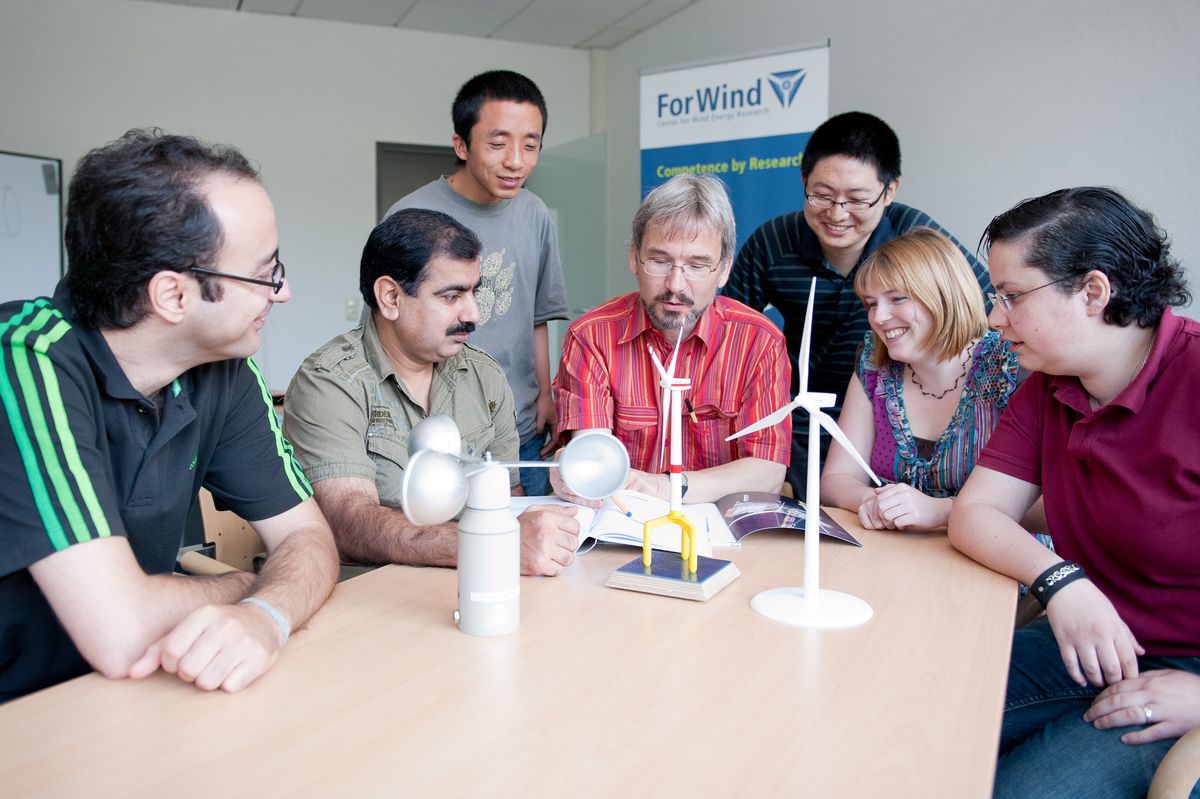
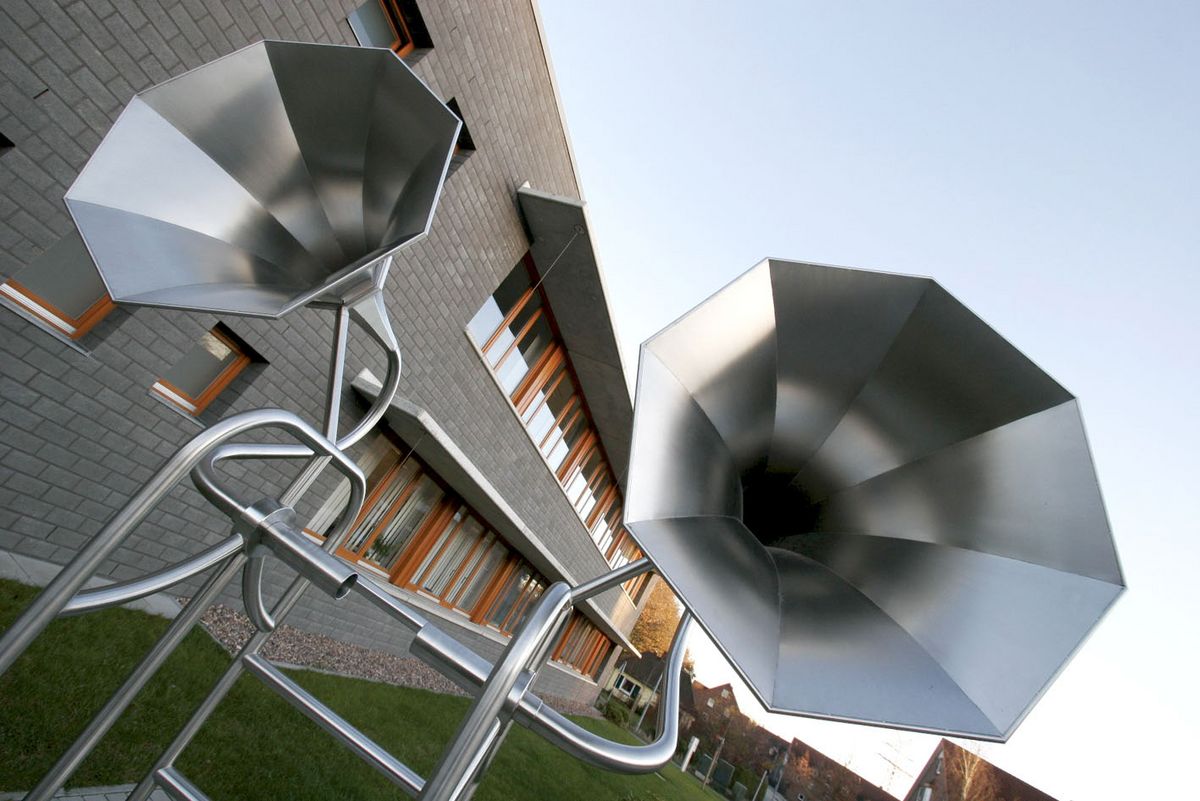

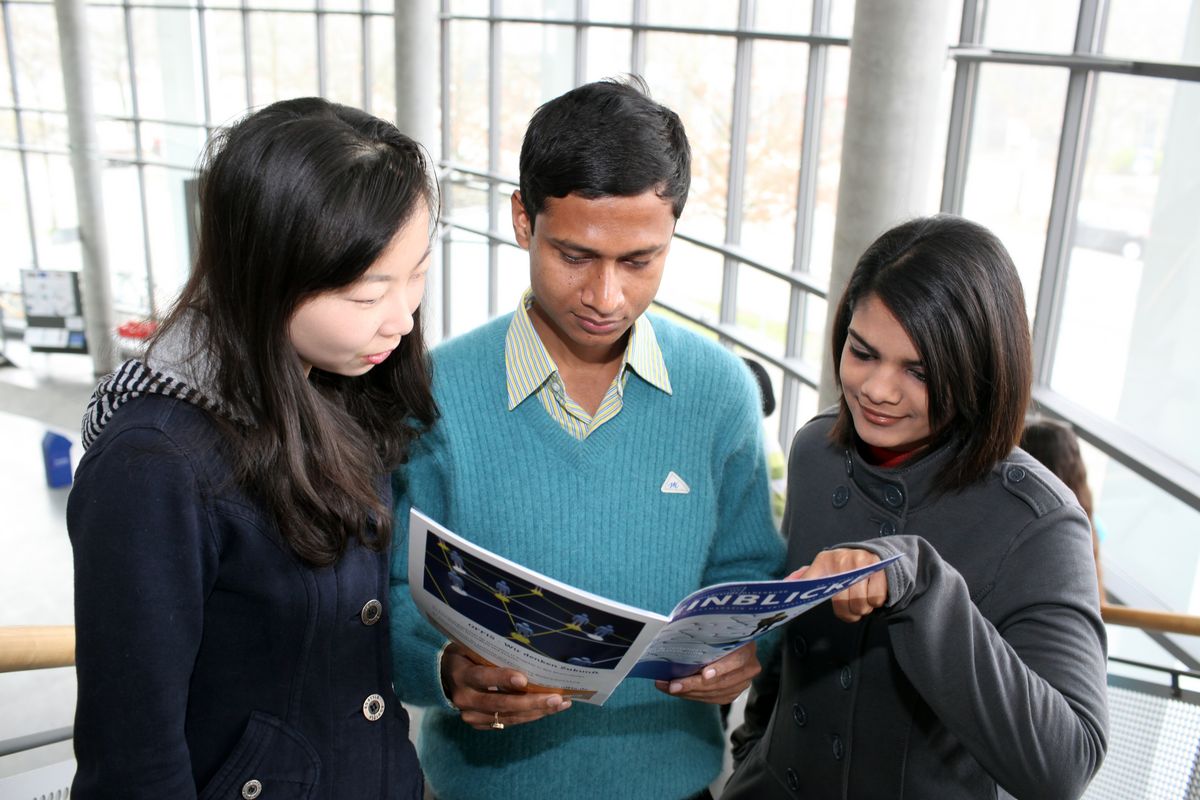
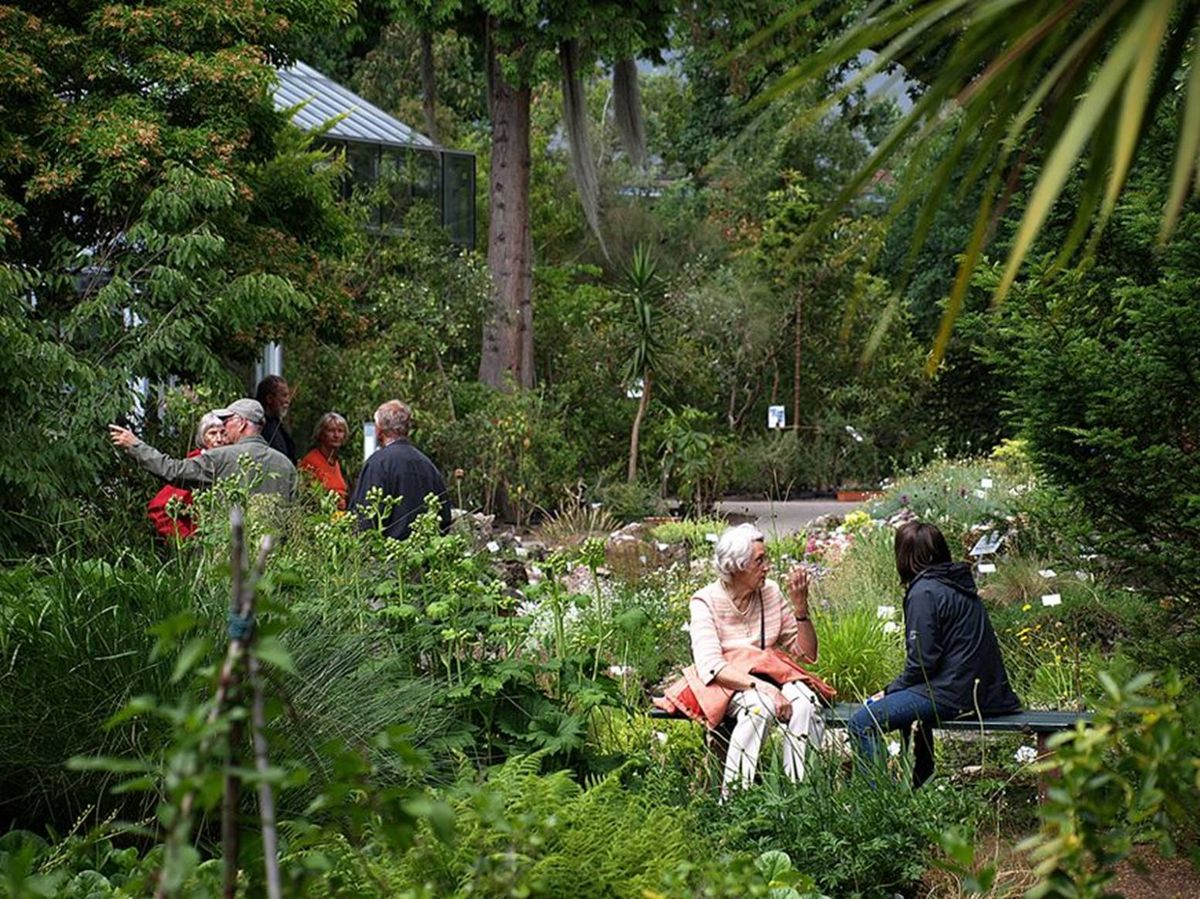
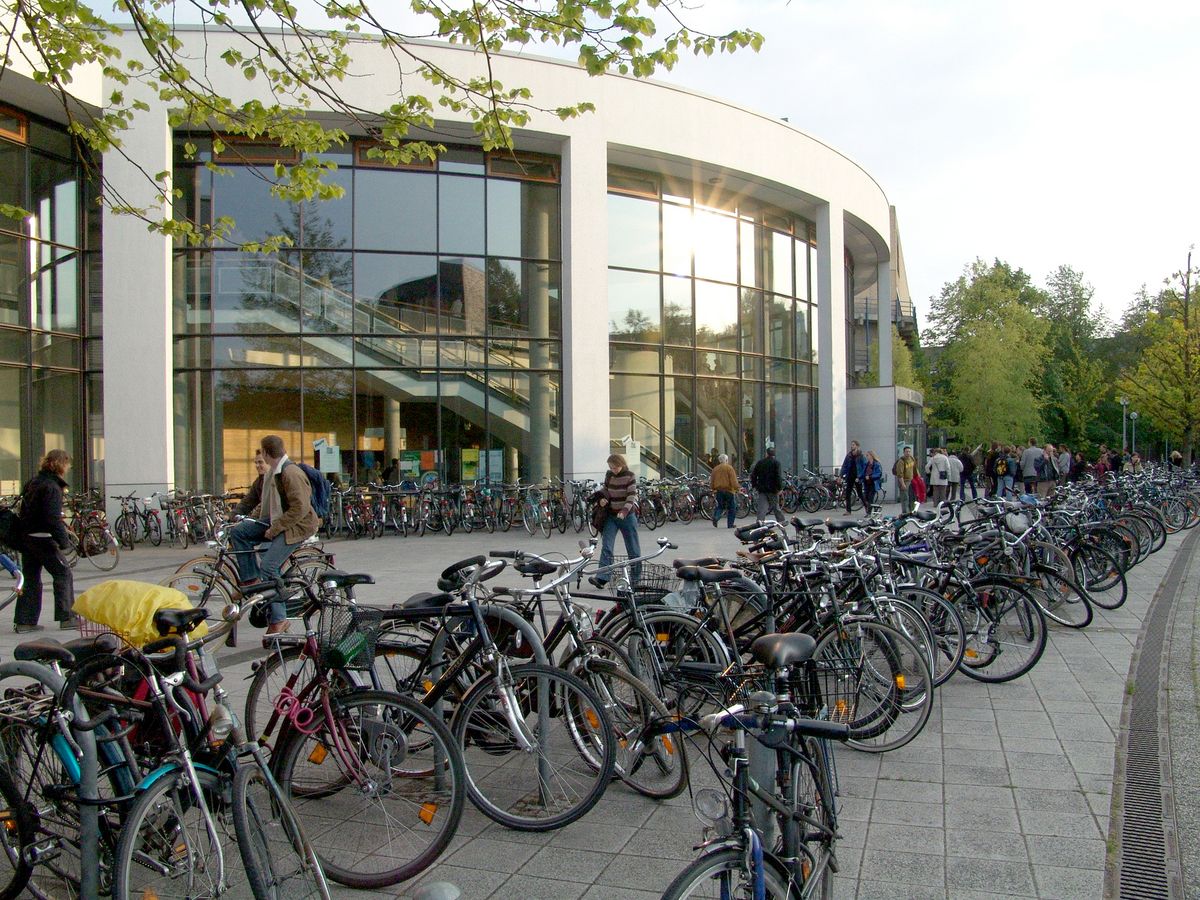
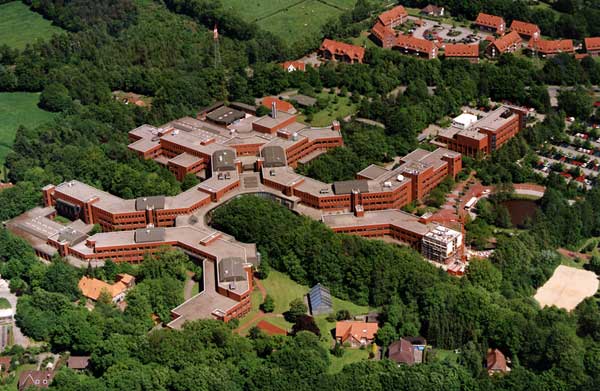
 ILO
ILO 